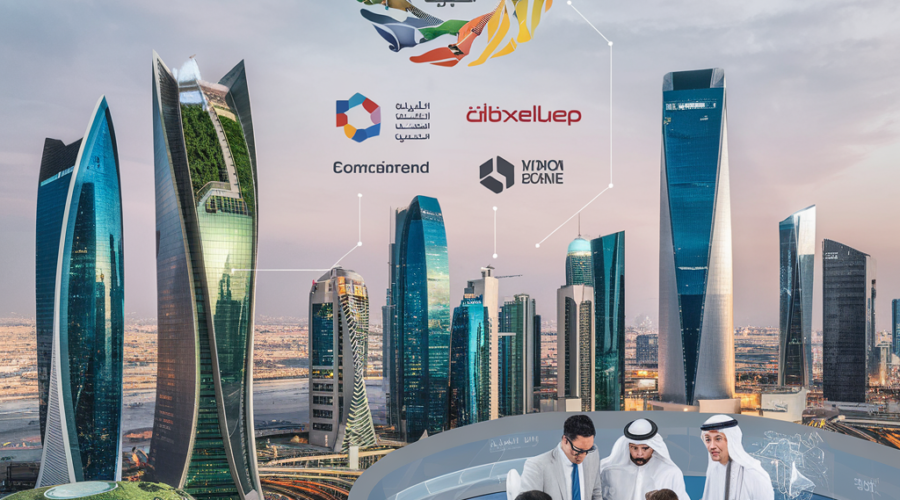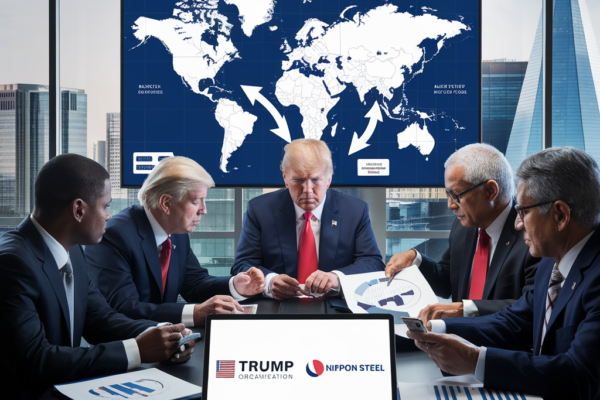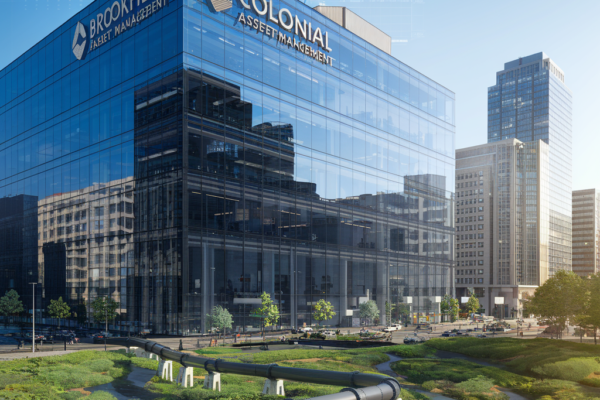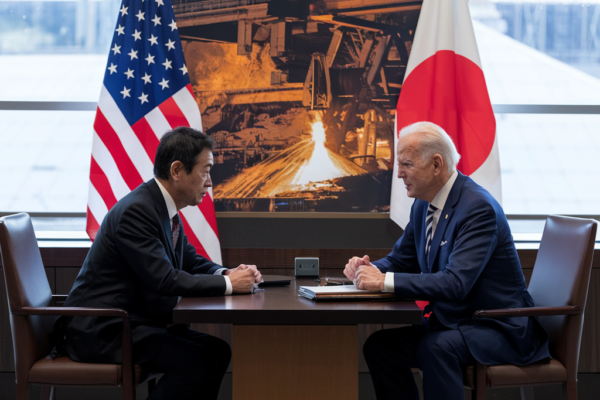As Saudi Arabia approaches the halfway mark of its Vision 2030 transformation agenda, the Kingdom’s mergers and acquisitions landscape has emerged as a powerful engine driving economic diversification. With $9.6 billion in M&A deal value in 2024 – a 55% annual increase – and foreign investors contributing 32% of transaction value, Saudi Arabia is leveraging corporate consolidation and strategic partnerships to accelerate its transition from hydrocarbon dependence to a knowledge-based economy[3][7][8]. This surge, concentrated in technology ($1.4 billion), renewable energy, and advanced manufacturing sectors, reflects both global confidence in Crown Prince Mohammed bin Salman’s reform agenda and the Public Investment Fund’s $700 billion war chest deployed to catalyze private sector growth[3][5][9].
The Vision 2030-M&A Nexus: Blueprint for Economic Transformation
Strategic Alignment of Deal Activity
The 59 M&A transactions closed in 2024 demonstrate precise alignment with Vision 2030’s diversification targets. Industrial sectors accounted for 25% of deal flow, followed by technology (20%) and consumer retail (14%), mirroring the Kingdom’s push to develop non-oil GDP contributors[3][8]. PwC’s analysis reveals that 68% of 2024-2025 deals involved cross-border partnerships, facilitating technology transfer in critical sectors like AI infrastructure and green hydrogen production[5][9].
The Public Investment Fund’s Catalytic Role
With $48 billion deployed in 2024 alone, the PIF has engineered market conditions conducive to M&A through its “anchor investor” strategy. By taking 20-30% stakes in sector champions like ACWA Power and Saudi Telecom Company, the sovereign wealth fund has attracted $2.3 billion in co-investments from global private equity firms[6][9]. This approach has been particularly effective in advanced manufacturing, where the PIF’s $4.8 billion joint venture with Taiwan Semiconductor Manufacturing Company is spurring consolidation among Saudi chip designers[9].
Foreign Investment Surge: Validation of Reform Momentum
Regulatory Revolution Driving FDI
The 2023 Companies Law amendments – allowing 100% foreign ownership across 1,200 economic activities – have transformed Saudi Arabia’s investment landscape. Marsh & McLennan data shows foreign M&A participation jumped from 18% in 2022 to 32% in 2024, with US investors leading at 38% of cross-border deals[7][8]. The introduction of 30-year tax holidays in special economic zones has been particularly effective, attracting $1.2 billion in pharmaceutical manufacturing investments from Pfizer and AstraZeneca in Q1 2025[2][7].
Technology Transfer Through Strategic Acquisitions
Saudi Arabia’s $40 billion AI investment fund is leveraging M&A to fast-track technological capabilities. Amazon Web Services’ $5.3 billion acquisition of Riyadh-based data center operator SCCC Cloud in 2024 exemplifies this strategy, bringing advanced machine learning infrastructure to support NEOM’s cognitive city ambitions[9]. Similarly, PIF’s $2.1 billion purchase of a 25% stake in Chinese robotics firm UBTECH has accelerated automation in Saudi logistics hubs[5].
Sectoral Deep Dive: Where Capital Meets Vision
Energy Transition Accelerator
The renewable energy sector saw $3.2 billion in M&A activity during 2024, driven by Vision 2030’s target of 50% clean energy by 2030. ACWA Power’s $1.8 billion acquisition of EDF Renewables Middle East created the region’s largest clean energy developer, while Saudi Aramco’s $900 million purchase of German electrolyzer manufacturer Sunfire positions the Kingdom as a green hydrogen exporter[3][5].
Advanced Manufacturing Consolidation
Alat’s $4.3 billion takeover of Samsung’s MENA appliance manufacturing operations – coupled with a $2 billion joint R&D commitment – illustrates Saudi Arabia’s strategy to move up the value chain. The deal, which includes technology transfer agreements for 5G-enabled smart factories, is expected to boost Saudi non-oil exports by 14% annually through 2030[9].
Giga-Projects as M&A Magnets
NEOM’s $214 Billion Private Sector Play
The $500 billion megacity has become a focal point for strategic investments, with $34 billion in private sector commitments secured through 2024. Recent deals include Siemens Energy’s $1.2 billion acquisition of Saudi smart grid developer Tabuk EC and Alibaba’s $900 million purchase of a 40% stake in NEOM’s cognitive city data platform[4][9].
Red Sea Global’s Hospitality Consolidation
The PIF-backed tourism developer has driven $2.8 billion in M&A activity since 2023, including the landmark $1.1 billion merger between Ritz-Carlton and Saudi hotel chain Shaza Hotels. This consolidation aims to create a homegrown luxury hospitality brand capable of capturing 30% of the Kingdom’s $46 billion tourism target by 2030[7][9].
Regulatory Innovation: Building an M&A Ecosystem
Mergers Commission’s Proactive Stance
The Saudi General Authority for Competition’s 2024 M&A guidelines have reduced approval timelines from 90 to 45 days while introducing innovation-friendly provisions. Tech startups with under $10 million revenue are now exempt from merger control filings, a reform credited with boosting early-stage acquisitions by 73% in 2024[8][9].
Dispute Resolution Overhaul
The new Commercial Courts’ specialized M&A division, operational since Q3 2024, has slashed deal litigation timelines from 18 months to 90 days. Combined with the Saudi Center for Commercial Arbitration’s blockchain-based smart contracts platform, these reforms have increased investor confidence, as evidenced by Marsh’s 78% rise in transactional risk insurance uptake[7][8].
Challenges and Strategic Imperatives
Balancing Speed with Sustainability
While deal volume has surged, Bain & Co. analysis shows only 41% of 2024 transactions included ESG performance clauses. The Capital Market Authority’s proposed mandatory sustainability reporting for M&A deals above $100 million aims to align transaction activity with net-zero commitments[5][9].
Talent Pipeline Pressures
Despite 127% growth in vocational training enrollments since 2020, Saudi Arabia faces a 34% shortage of M&A professionals. The Human Capability Development Program’s new “Deal Catalyst” initiative – partnering with BlackRock and Goldman Sachs to train 5,000 specialists by 2026 – seeks to address this bottleneck[2][6].
The Road to 2030: M&A as Transformation Lever
As Saudi Arabia enters the decisive second half of its Vision 2030 journey, the M&A landscape is poised for exponential growth. With $120 billion in announced deals pipeline for 2025-2027 – including the anticipated Aramco-Sabic chemical merger and PIF’s global sports acquisitions – the Kingdom is leveraging corporate transactions to build economic resilience. The challenge lies in maintaining reform momentum while ensuring deal activity translates into sustainable value creation, technological sovereignty, and global competitiveness. As NEOM’s cognitive cities take shape and Saudi tech unicorns emerge, the success of this M&A-driven transformation will redefine the Middle East’s economic landscape for decades to come[3][5][9].
Sources
https://datasource.kapsarc.org/explore/dataset/vision-2030-input-output/, https://goglobal.com/blog/global-recruitment/vision-2030-diversifying-saudi-arabia-into-a-global-investment-powerhouse/, https://www.arabnews.com/node/2596033, https://natlawreview.com/article/kingdom-saudi-arabia-economic-and-ma-market-trends-2024, https://www.arabnews.com/node/2596033/amp, https://www.datasite.com/en/resources/insights/expert-spotlight--how-is-saudi-arabia-cementing-its-position-as-an-m-a-leader-in-2023, https://www.peninsulacs.com/post/surge-in-m-a-deals-in-saudi-arabia-a-sign-of-foreign-investor-confidence, https://www.arabnews.com/node/2595160/business-economy, https://www.pwc.com/m1/en/media-centre/articles/saudi-arabia-vision-2030-reforms-fuel-mergers-and-acquisitions-market.html





